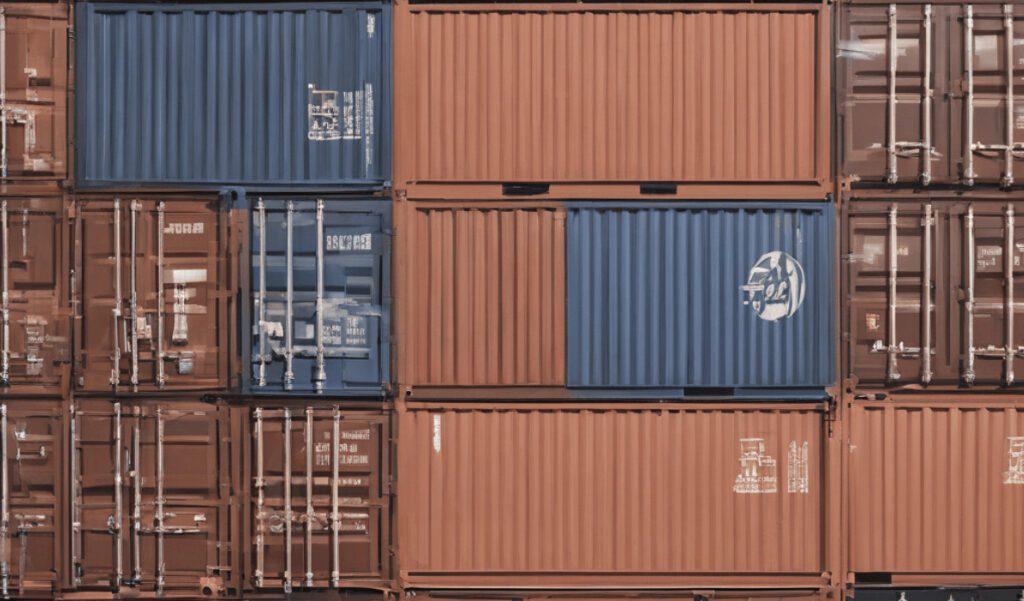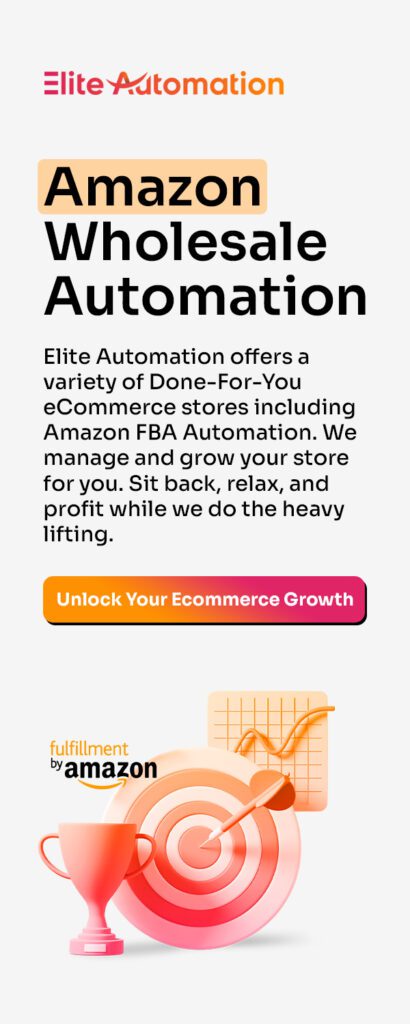In 2024, the e-commerce landscape is thriving, and Amazon stands at its forefront. For Amazon sellers, sourcing products at the right price and quality is crucial for success. This comprehensive guide dives into the world of wholesale suppliers, offering valuable insights and actionable tips for Amazon sellers to find the best suppliers for their businesses.
Understanding the Wholesale Market
Wholesale suppliers are entities that sell products in bulk at a discounted rate, primarily to businesses who then retail these items to the end consumer. Working with the right wholesaler can significantly impact your profit margins, inventory quality, and overall business success on Amazon.
Finding the Right Wholesale Suppliers
1. Trade Shows and Expositions
Trade shows are an excellent way to connect with numerous suppliers under one roof. These events offer an opportunity to see products firsthand and build personal relationships with suppliers.
2. Online Wholesale Directories
Websites like Alibaba, Global Sources, and ThomasNet are treasure troves for finding wholesale suppliers. They list thousands of suppliers and manufacturers from around the world.
3. Industry Networking
Leveraging industry contacts and networking forums can lead to personal recommendations. Joining Amazon seller communities and online forums can provide valuable insights into reliable suppliers.
4. Local Wholesalers
Don’t overlook local wholesalers, as they can offer competitive pricing without the added complexity of international shipping and customs duties.
Evaluating Potential Suppliers
1. Product Quality and Range
Ensure the supplier offers products that meet your quality standards and align with your niche on Amazon.
2. Pricing and Minimum Order Quantities (MOQ)
Competitive pricing and manageable MOQs are crucial for maintaining profitability and inventory flow.
3. Reliability and Communication
A supplier’s ability to communicate effectively and fulfill orders reliably is key to a smooth business operation.
4. Shipping and Logistics
Consider their shipping times and logistics capabilities, especially if dealing with overseas suppliers.
Negotiating with Suppliers
1. Build a Relationship
Establishing a good relationship with your supplier can lead to better pricing and terms.
2. Negotiate Terms
Don’t hesitate to negotiate on pricing, payment terms, and MOQs. Suppliers are often open to negotiation, especially if you can promise consistent business.
3. Clear Agreements
Ensure all terms, including delivery schedules, return policies, and payment terms, are clear and agreed upon in writing.

Leveraging Supplier Relationships for Amazon Success
1. Exclusive Deals and Products
A strong relationship with a supplier might give you access to exclusive products, enhancing your competitive edge on Amazon.
2. Quality Control
Work closely with your supplier to maintain high product standards, reducing customer complaints and returns.
3. Adapting to Market Trends
A responsive supplier can help you quickly adapt to changing market trends, keeping your Amazon store relevant and competitive.
Tips for Managing Supplier Relationships
1. Regular Communication
Maintain regular contact to stay updated on any changes or issues that may arise.
2. Feedback Loop
Provide feedback on product quality and customer reception. This can help suppliers improve or tailor products to your audience.
3. Plan for Contingencies
Have backup suppliers in place to avoid stockouts in case of unforeseen supply issues.
Emerging Trends in Wholesale Supply
In 2024, trends such as sustainability, direct-to-consumer brands, and AI-driven supply chain management are reshaping the wholesale landscape. Staying informed about these trends can help you align your Amazon store with evolving consumer preferences.
FAQs
Q: How do I ensure a supplier is trustworthy?
A: Conduct due diligence by checking supplier references, reviews, and their business history. If possible, visit their facility or attend trade shows where they exhibit.
Q: Can I get samples before placing a large order?
A: Most suppliers are willing to provide samples. It’s a standard practice and highly recommended before committing to large orders.
Q: How do I handle international shipping and customs?
A: Work with experienced logistics providers or freight forwarders who specialize in international shipping. They can handle customs clearance and other complexities.
Q: Should I focus on local or international suppliers?
A: Both have their advantages. Local suppliers offer easier logistics and communication, while international suppliers may offer lower prices. Your choice should align with your business model and capabilities.
In conclusion, finding the right wholesale suppliers is a critical step towards success for Amazon sellers in 2024. By carefully selecting and building relationships with suppliers, negotiating favorable terms, and staying abreast of market trends, you can create a robust supply chain that supports your Amazon business’s growth and sustainability. Whether you’re a seasoned seller or new to the platform, understanding the nuances of the wholesale market is key to thriving in the competitive world of Amazon selling.



